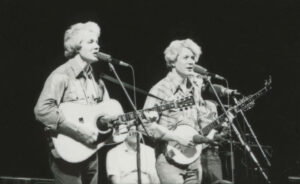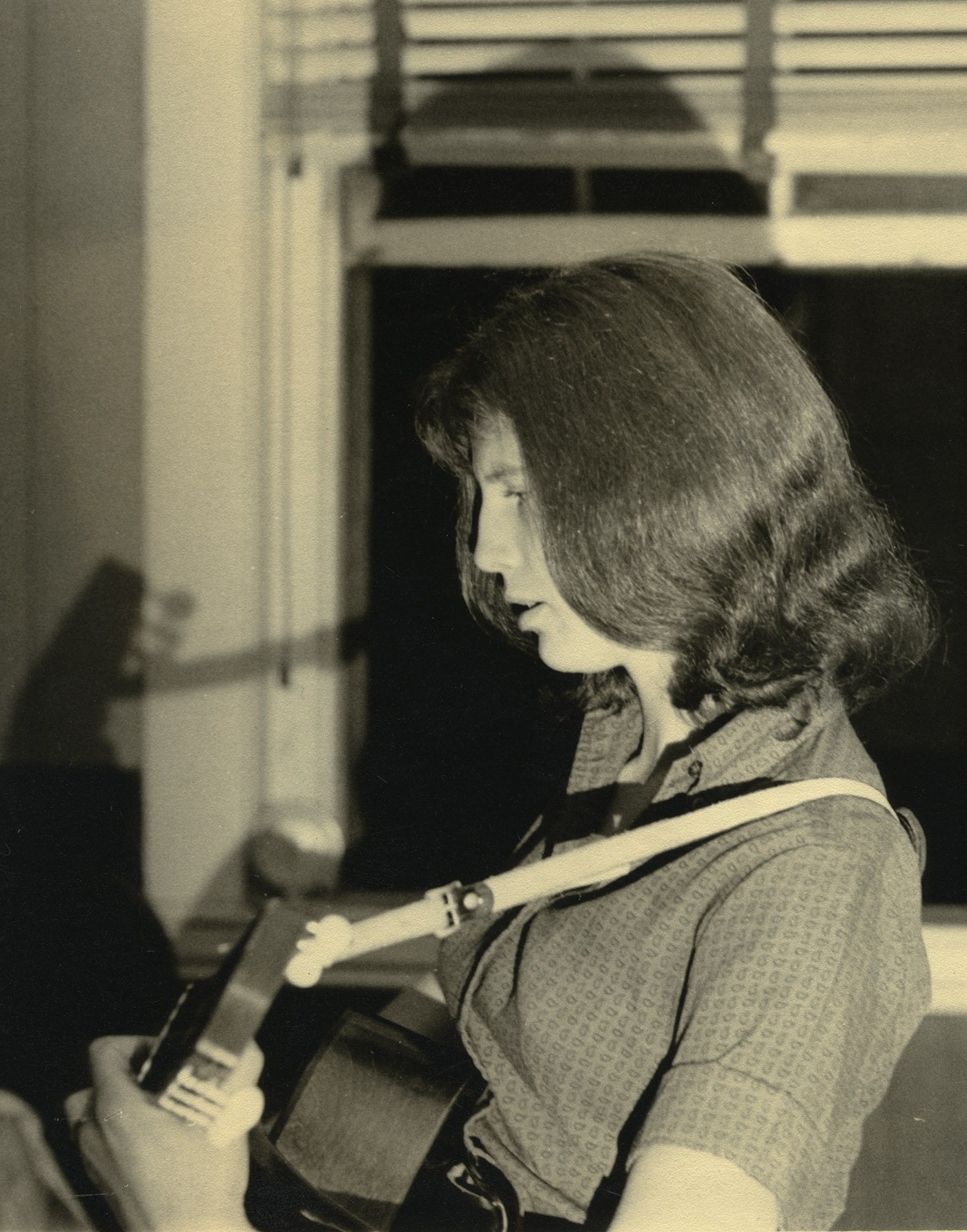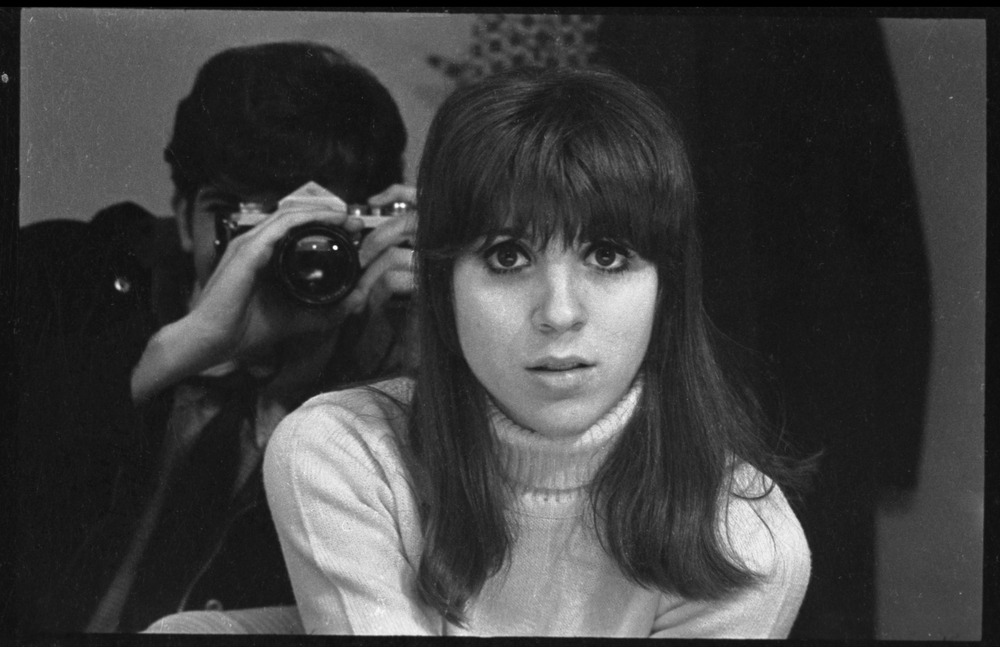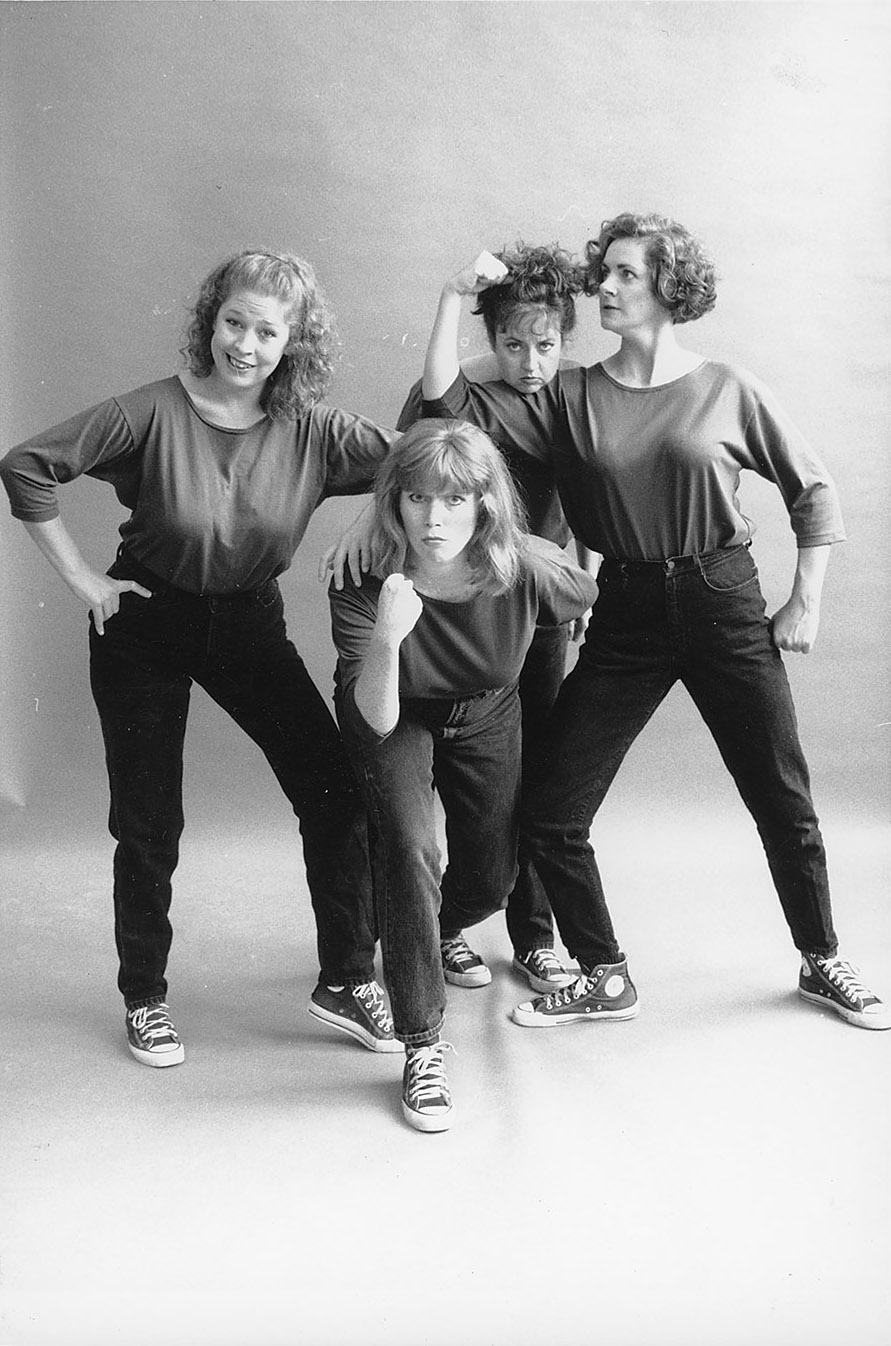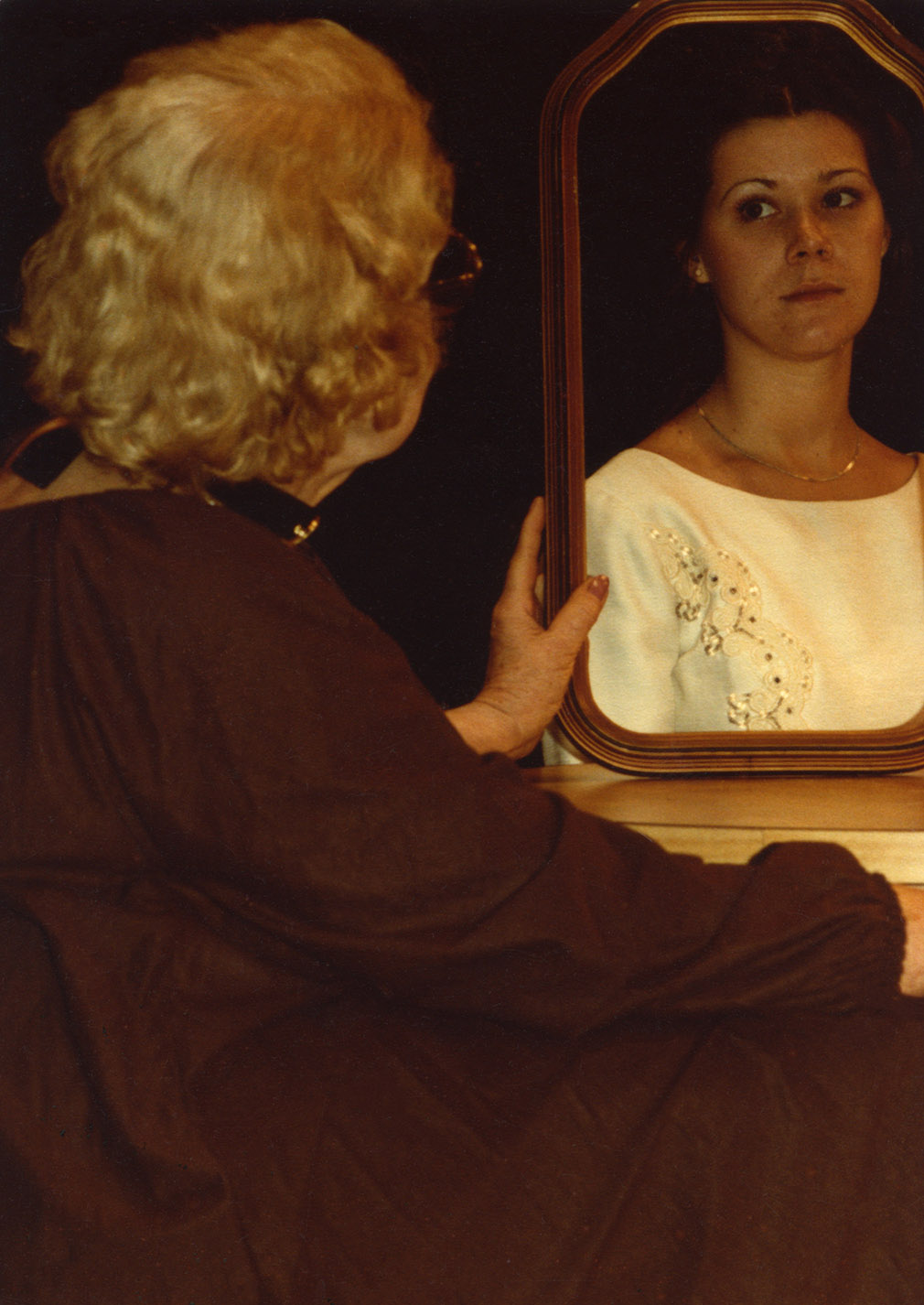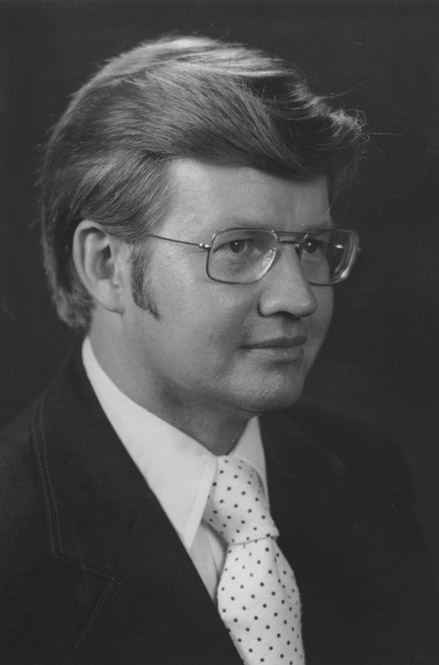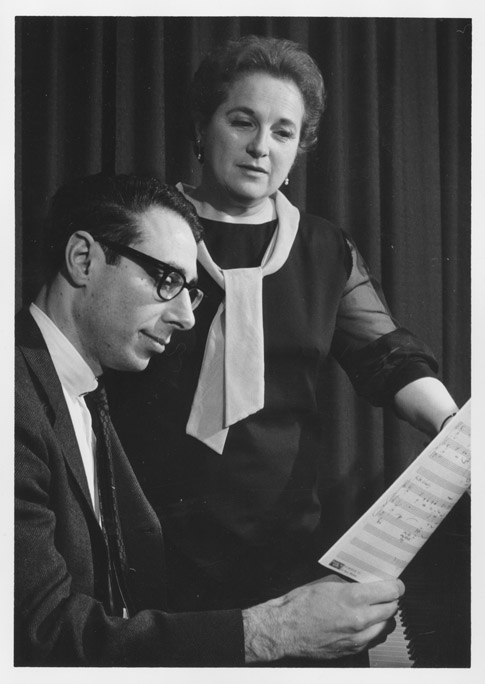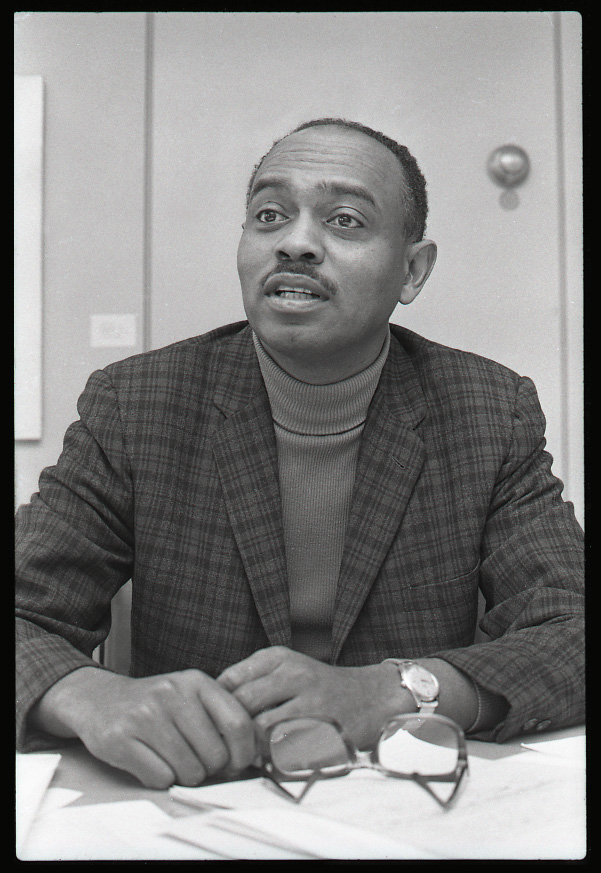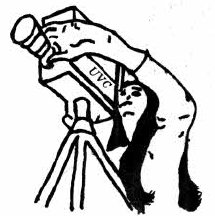Shaw Brothers Collection
Folk singer-songwriter twins Rick and Ron Shaw were born on February 1, 1941 in West Stewartstown, New Hampshire. Both learned to sing and play music from a young age, and many of the songs that they learned became hits with the folk revival of the 1960s. While undergraduates at the University of New Hampshire Rick and Ron, along with friends, put together a group called the Windjammers, then the Tradewinds, before finally becoming The Brandywine Singers. As The Brandywine Singers, they signed with the William Morris Agency and recorded and released two albums. At the height of their popularity in 1966, The Brandywine Singers were forced to disband when Rick was drafted to serve in Vietnam. While Rick was in Vietnam, Ron continued to perform as part of the Pozo Seco Singers with Don Williams and Susan “Pie” Taylor. When Rick returned from service in 1968, both brothers were working as teachers before coming together again to perform as The Shaw Brothers. In 1972, Rick and Ron became members of The Hillside Singers, who recorded and performed the hit song “I’d Like to Teach the World to Sing.” The Shaw Brothers signed to RCA Records and released several albums and performed with the likes of Bob Hope, John Denver, and others. The Shaw Brothers retained a strong connection to their home state of New Hampshire and their annual summer concert series at Prescott Park in Portsmouth, New Hampshire drew large crowds. Ron passed away in 2018, and Rick in 2021.
Spanning fifty years of recording and performing, The Shaw Brothers Collection documents the bulk of Rick and Ron’s musical career as well as the greater New England folk music scene through promotional material such as posters and contracts, clippings, recordings and sheet music. There is also artwork by Rick created for a children’s book as well as personal journals.


